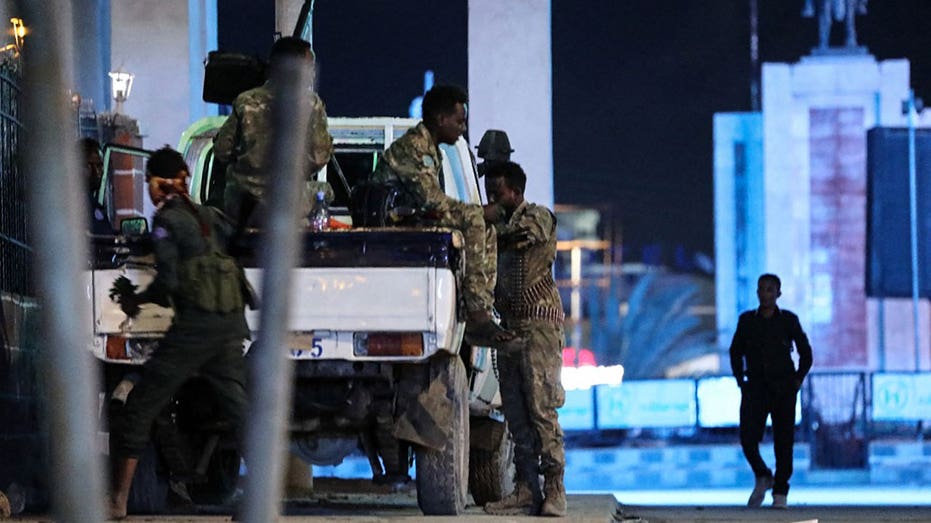Wolves reintroduced in Colorado blamed for repeated attacks on livestock
Members of a wolf pack in Colorado were captured ahead of relocation following attacks on livestock in the area, wildlife officials announced.

Several animals captured from the Copper Creek wolf pack in Colorado will be relocated following repeated attacks on livestock.
An adult female and four pups were taken to a "secure location for evaluation and monitoring," Colorado Parks and Wildlife (CPW) said in a press release. The pack's adult male was captured but died in captivity due to injuries unrelated to its capture, officials said on Monday. That wolf would have been kept in captivity if it survived.
"This spring, after a pair of wolves established a den in Middle Park, the male adult wolf was involved in multiple depredations," CPW Director Jeff Davis said in a statement. "Removing the male at that time, while he was the sole source of food and the female was denning, would likely have been fatal to the pups and counter to the restoration mandate."
COLORADO MAN FOUND DEAD AT GRAND CANYON NATIONAL PARK, 7TH FATALITY IN PAST MONTH
State officials said the four pups were not involved in the killings of cattle and sheep in Grant County, since they are "still primarily dependent on adults for food," and cannot hunt "anything larger than a rabbit or squirrel."
Owners of calves that are killed can be compensated by the state for the animal’s market value, up to $15,000.
Officials decided against killing the pack in part because it would have been a major setback for a restoration effort still in its infancy.
CO-WORKERS LEAVE COLORADO MAN BEHIND ON MOUNTAIN SUMMIT DURING OFFICE RETREAT
The attacks and subsequent capture of the Copper Creek pack mark an early stumble in the voter-driven initiative to restore wolves to a state where they were wiped out decades ago by poison, trapping and hunting.
"We are still in the early stages of the restoration plan. Our legal obligation to Colorado voters is to continue working towards a sustainable population. We also must continue our efforts to minimize losses to our producers and to ensure the health, safety, and well-being of the wolves as we work towards a viable gray wolf population," Davis said.
A decision is pending on where the remainder of the pack will be released. That will occur after the pups get larger and can hunt on their own, officials said.
The Associated Press contributed to this report.



